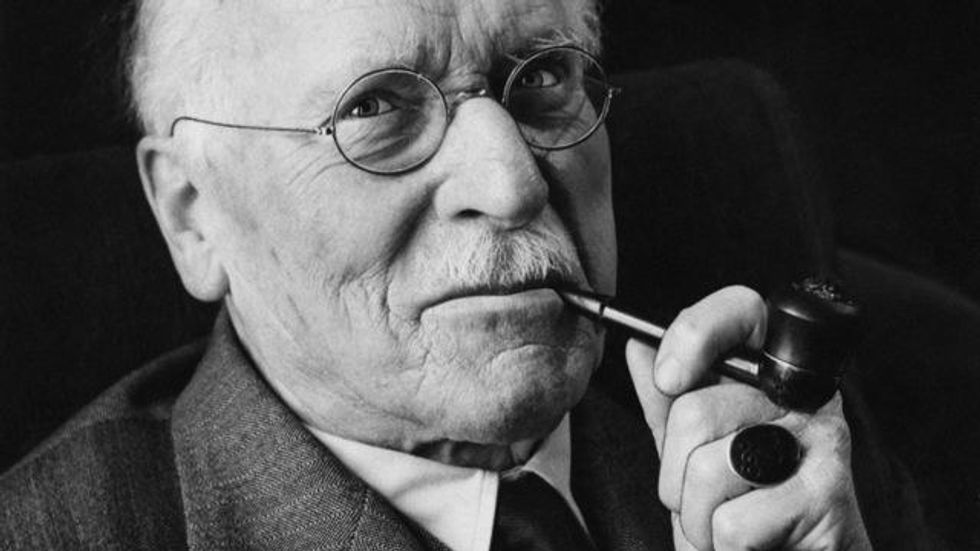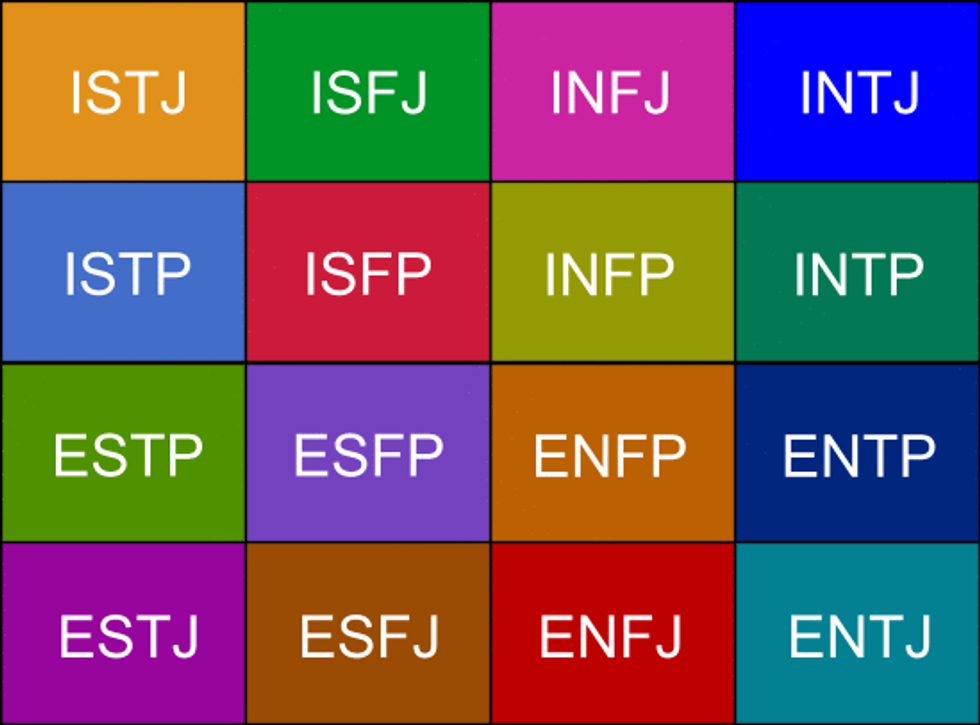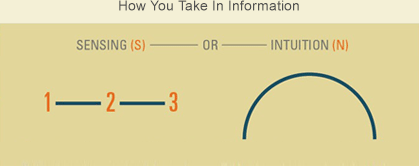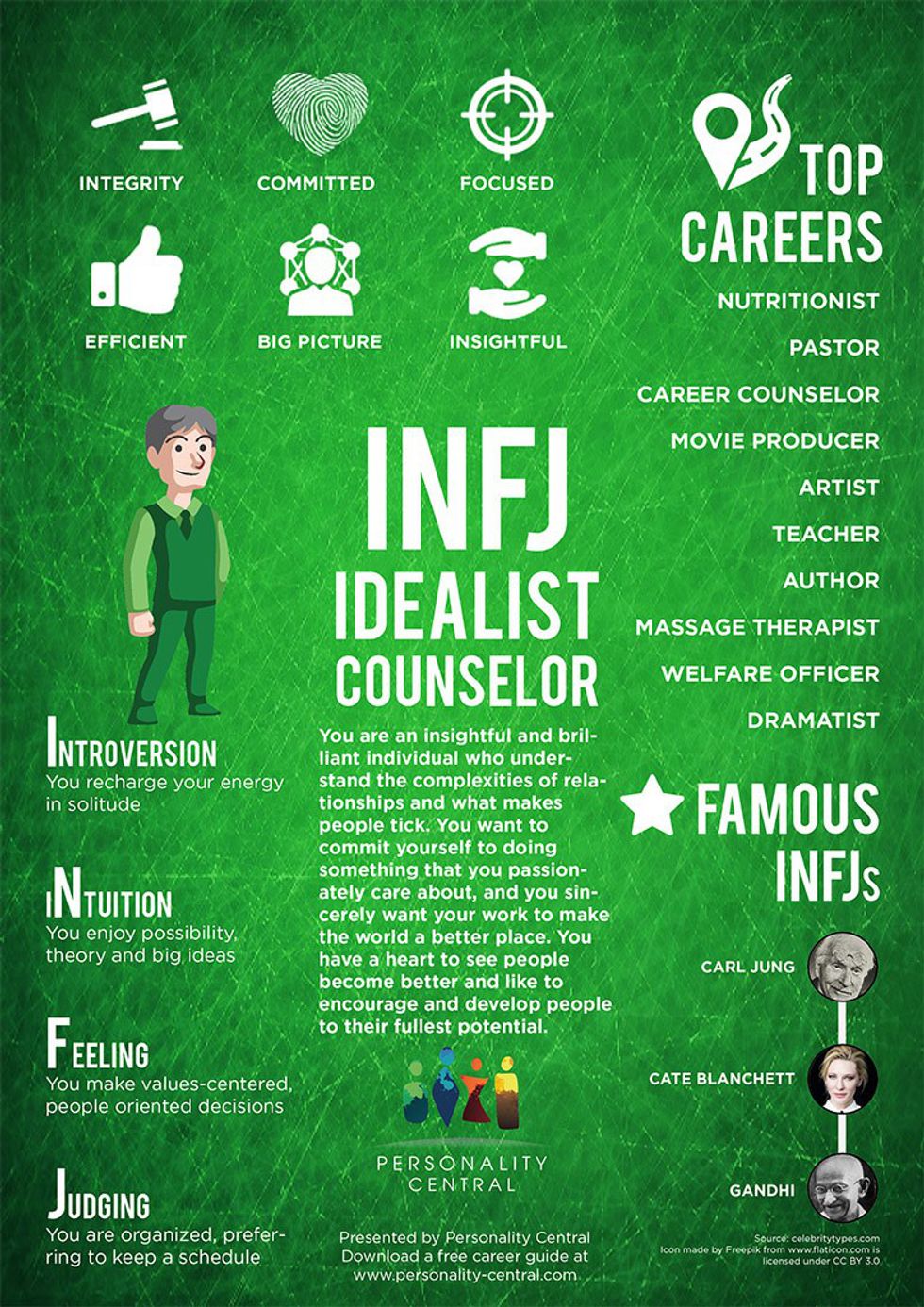One’s personality can be quite a tricky thing to understand. It’s easy to think it’s all figured out at one moment, and the next, realize it’s only the tip of the iceberg for being an individual.
I have found this struggle to be the very framework of understanding oneself during introspection. But, lucky for all of us, there’s a method of determining what one’s personality is. This is a way to understand oneself in a profound sense, a new perspective of looking at an individual.
I’m am referring to the Myer Briggs Type Indicator (MBTI) personality test. The test was originally created in the wake of World War II by Isabel Myers and Katharine Briggs, hence Myer Briggs. As women began entering the workforce for the first time in the country's history, this test was administered to determine what working field a person would be best suited for.

The MBTI is based on psychologist C.G. Jung’s (Sigmund Freud's apprentice) breakdown of 16 personality types. Based on key characteristics of a person’s personality, one of 16 representative letters is assigned to an individual. For example, my personality is read as INFJ, a four-letter representation. This now begs the questions, what do the letters stand for and how are they assigned?
Well, the breakdown goes like this.
The first possible spot is whether one is Introverted (I) or Extroverted (E).
The second is Intuitive (N) or Sensory (S).
The third is Feeling (F) or Thinking (T).
And finally, the fourth is either Judging (J) or Perceiving (P).
So, my type INFJ is (I)ntroverted i(N)tuitive (F)eeling (J)udging. I use these cognitive functions to make up my personality.
Taking all of these characteristics into account, format what your personality is. Examples of personality types are: ENTP, ENFP and ISTJ.
The purpose of the MBTI is to make the theory of psychological types described by C. G. Jung understandable and useful in people's lives. The basic idea of the theory is that seemingly random variation in behavior of people is actually quite consistent.
I’ve found this personality test to not only be accurate, but it had a big impact on my life. I’ve found this to be the building blocks of understanding my own personality, and I believe it can do the same for others.
Also noteworthy as to why this is important to me is because INFJ’s are the rarest of the 16 types; making up about 1-2 percent of the global population. I find this to be a big reason for my interest in the MBTI. Nothing before this ever profoundly spoke to me as being a distinctly accurate description of myself.
Even with all that said, this doesn’t just apply to INFJ’s – it’s all types. Anybody can find this to be a huge impact on their life as it’s enlightening to read a description of why one is the way they are. I highly recommend anybody to take the MBTI!


























